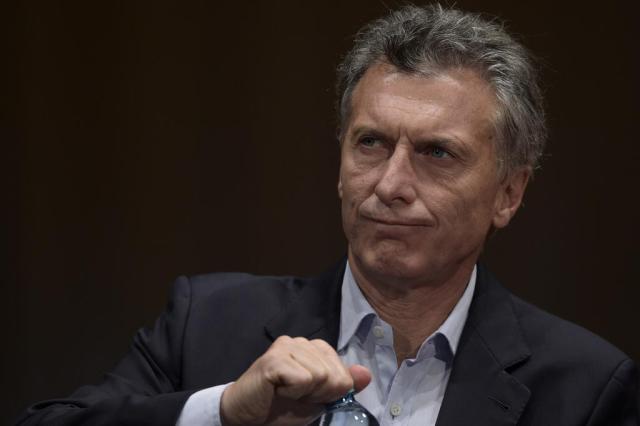
It was only on Sunday night, with parliamentary elections underway and increasing evidence of a historic defeat, that Venezuela’s President Nicolás Maduro uttered the words of a statesman: “Sometimes we lose, sometimes we win”, indicating, for the first time in such an unequivocal manner, that he would accept a potential defeat at the polls. Only weeks earlier, Maduro had ominously predicted violence and chaos if the governing party lost the elections, questioning the most basic pillar of democratic rule.
We can only speculate why Maduro changed his strategy and decided to accept the election results, thus preserving the essence of Venezuelan democracy. Perhaps he realized that his supporters, disillusioned by his incompetence and the economic crisis, would no longer be able to fill the streets as they had done in the past years. Perhaps he was bluffing all along, hoping to instill fear so that voters would support him just to avoid more instability. A third explanation, however, may have been just as important: regional dynamics took a sharp turn in the days prior to the elections.
Immediately after Argentina’s presidential election in late November, Maurício Macri signaled that he would push to invoke Mercosur’s democratic clause unless the elections in Venezuela were free and fair and unless political opposition leaders were released from prison. After several years of remarkable silence by governments in Brasília, Buenos Aires and other capitals in the region about the systematic human rights abuses in Venezuela, Macri’s change of tone substantially altered the terms of the debate.
Even before taking office, Macri turned into the region’s agenda setter: After he had taken the lead, others joined in and criticized human rights abuses in Venezuela. The Chilean Supreme Court said Chile should take Venezuela to the Interamerican Human Rights Commission. Earlier, the Brazilian Electoral Commission (TSE) decided not to participate in UNASUR’s electoral observer mission, citing the Venezuelan government’s uncooperative stance. Uruguay’s President Vázquez said he would “study” Macri’s proposal. There were growing signs of Venezuela’s international isolation — indicating that few would protect Maduro in case of massive electoral abuses.
The mere discussion about the invocation of the democratic clause — a sign that there was no longer consensus about turning a blind eye on Maduro’s excesses — may very well have influenced the Venezuelan government in its decision about whether or not to accept the results of the election on December 6 without a fight. With political instability in Brazil set to remain high at least during the impeachment process, Argentina is likely to play a leading role in regional affairs in the next months. His willingness to speak openly about the invocation of the democracy clause is to be welcomed. It may serve as a powerful tool to assure that, in the difficult months ahead, both the government and the opposition in Venezuela play by the rules.
Read also:
Venezuela’s Political Crisis: Can Regional Actors Help?
PHOTO CREDIT : La Cotorra TV








